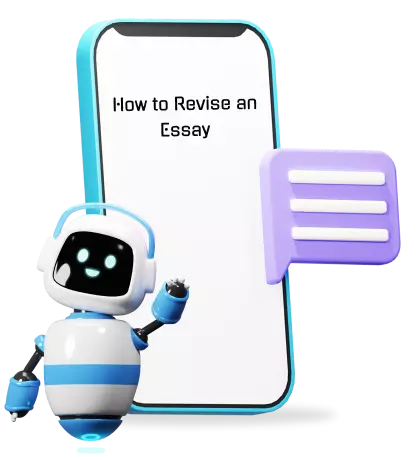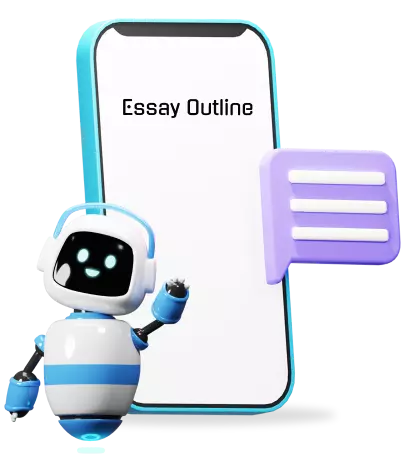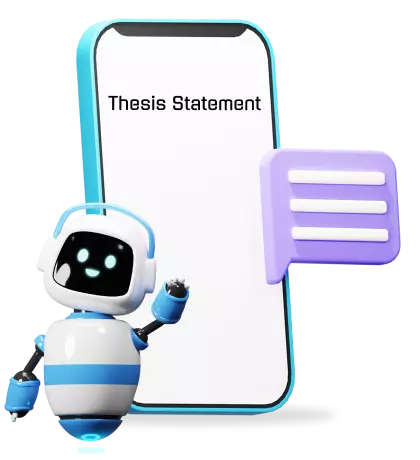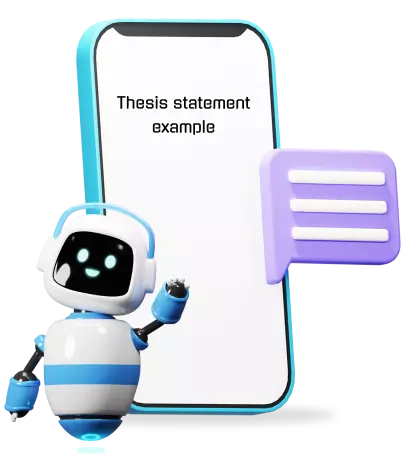
13 min read
Published on: May 5, 2023
Last updated on: May 9, 2023

Writing an essay is a challenging task, but the hard work doesn't end there. The next step is to revise your essay, which is a crucial stage of the writing process.
Revising your essay can make the difference between an average essay and an outstanding one. It allows you to refine your ideas, improve the clarity of your arguments, and enhance the overall quality of your writing.
However, many students find the revision process overwhelming and get stuck at this stage while writing an essay. They often get stressed when it’s time to revise. That's where this guide comes in.
In this guide, we will provide you with some steps and useful tips on how to revise an essay effectively.
So let's get started!
Content revision is the first stage of the essay revision process. Here you'll focus on revising the essay's overall structure, arguments, and evidence.
Let’s learn the steps you should take to revise your essay's content.
Your essay's thesis statement is the central idea that you're trying to convey to your readers. It should be clear, concise, and specific.
Review your thesis statement to make sure it accurately reflects the essay's main idea. If necessary, revise the thesis statement to make it more effective.
The introduction and conclusion are critical parts of your essay. The introduction should grab your reader's attention, provide background information, and present your thesis statement.
On the other hand, the conclusion should summarize your main points, restate your thesis statement, and provide closure. Evaluate the introduction and conclusion to make sure they're effective and serve their purpose.
Your essay's evidence and arguments should be clear, relevant, and convincing.
Review the evidence and arguments to make sure they're supporting your thesis statement effectively. If necessary, revise the evidence and arguments to make them more persuasive.
Along with analyzing your arguments, you should also review your essay structure. Does the essay have a clear introduction, body, and conclusion? Is the essay's structure appropriate for the assignment's requirements? If not, revise the structure to make it more coherent and logical.
The importance of essay outline can’t be denied. Your essay should flow logically from one idea to the next.
Review your essay outline to make sure each paragraph is coherent and linked to the previous and next paragraphs. If necessary, revise the essay's organization to make it more cohesive and logical.
By following these steps, you'll be able to revise your essay's content effectively. Make sure to take your time and carefully consider each step to make the necessary revisions.
Style revision is the final stage of the essay revision process, where you'll focus on improving the essay's style and language.
In this section, we'll discuss five key steps you should take to revise your essay's style.
The tone of your essay should be appropriate for the assignment and audience. This involves reviewing your word choice which affects the overall tone of the essay.
Review the tone to make sure it's consistent throughout the essay. If necessary, revise the tone to make it more appropriate for the assignment.
Want to take your writing to the next level?
Our AI style and tone suggestor will help you find the right voice. Try now!
Your sentences should be clear, concise, and grammatically correct. Review the sentence structure to make sure it's varied and effective.
You should revise the sentence structure to make it more engaging and effective. You can do this by rephrasing, rearranging, and rewriting sentences that seem to be unclear.
Don’t worry if you are unable to evaluate your sentences yourself, because our AI tool is here to help - try now!
The body paragraphs should be organized logically and have a clear purpose. They should have a clear topic sentence, and should include proper evidence and transitions.
Review the paragraph structure to make sure it's effective and serves the essay's purpose. If necessary, revise the paragraph structure to make it more effective.
Redundant language can make your essay wordy and difficult to read. Read your essay carefully to identify any wordy or redundant sentences.
Check whether you have repeated the same idea multiple times or wrote extra words. This is because you need to make sure you don’t exceed the required essay length.
If you have, then revise it to make it more concise and effective.
Grammar, spelling, and punctuation errors can distract from the essay's content and make it difficult to read.
Review your essay for any errors and correct them as necessary. Use tools such as spell-check and grammar-check to catch any errors that you might have missed.
Tired of grammar and spelling errors ruining your writing?
Let our grammar and spelling checker be your personal editor!
By following these steps, you'll be able to revise your essay's style and language effectively.
Expert Tip
If all these steps are hard to remember, use a practical essay checklist to evaluate and revise your essay to perfection!
Once you have revised the content and style of your essay, there are a few final steps you should take before submitting your essay.
Review the essay format to make sure it's appropriate for the assignment. Check to make sure you've followed the formatting guidelines provided by your instructor. Such as font size, line spacing, margins, and page numbers.
Also, ensure that you've cited any sources correctly and formatted them according to the appropriate citation style.
Proofreading is the final step of the revision process. It's crucial to carefully read through your essay one last time to catch any remaining errors or mistakes.
Pay attention to grammar, spelling, and punctuation errors, as well as any formatting or citation mistakes. You can also ask a friend or family member to review your essay to catch any errors that you might have missed.
By taking these final steps, you can ensure that your essay is polished and ready to submit.
Here’s a short video that presents some useful tips for revising your essays:
Here are some tips that will help you revise better.
After spending hours or even days working on an essay, it can be tempting to jump right into the revision process. However, taking a break after writing is crucial for a successful revision. This break will allow you to clear your head and come back to the essay with a fresh perspective.
You should put it aside for at least a day. Or, depending on your deadline, taking a rest for 4 to 6 hours can also be enough.
Before you start revising your essay, take some time to review the assignment guidelines. Make sure you understand the assignment requirements, including:
This will help you focus your revisions on the areas that matter most to your instructor.
Read your paper out loud to catch errors and awkward phrasing. This can help you hear how your writing sounds and identify areas that need improvement.
Seek feedback from others, such as peers or writing tutors.
Asking your friends or teachers to read and check your essay can be very helpful during the revision process. As they can provide valuable insights and suggestions for improvement that you would have missed. Consider utilizing an essay writer to further enhance the feedback process.
Don't expect to revise your essay perfectly in one go. Plan to revise your work multiple times, making adjustments each time you go through it.
To Conclude,
Revising an essay is an essential step in the writing process that helps improve the quality of your work. By improving the content and style of the essay, you can effectively ensure that it's polished and ready to submit.
Remember that revising an essay takes time and effort, so be patient and don't rush through the process. With a bit of practice, you can develop your revision skills and become a more confident and successful writer.

WRITTEN BY
Cathy A. (Mass Communication, Education)
Cathy is a highly dedicated author who has been writing for the platform for over five years. With a Master's degree in Mass Communication, she is well-versed in various forms of writing such as articles, press releases, blog posts, and whitepapers. As an essay writing guide author at PerfectEssayWriter.ai, she has been helping students and professionals improve their writing skills by offering practical tips on research, citation, sentence structure, and style.
Cathy is a highly dedicated author who has been writing for the platform for over five years. With a Master's degree in Mass Communication, she is well-versed in various forms of writing such as articles, press releases, blog posts, and whitepapers. As an essay writing guide author at PerfectEssayWriter.ai, she has been helping students and professionals improve their writing skills by offering practical tips on research, citation, sentence structure, and style.
On This Page On This Page
Share this article
Essay Structure

Essay Topics

Essay Outline

Essay Introduction

Thesis Statement

Thesis Statement Example

How To Write A Body Paragraph

How To Conclude An Essay

Essay Examples

Types of essays

Types of essays

Essay Checklist
